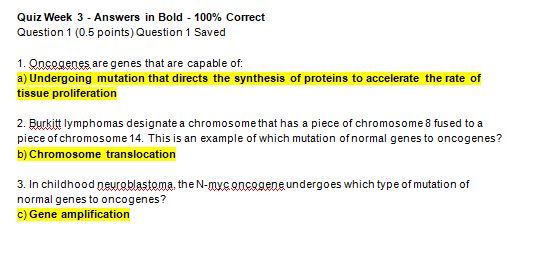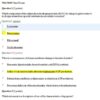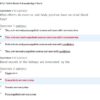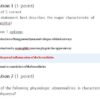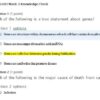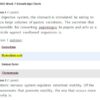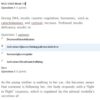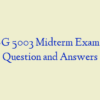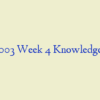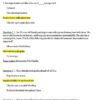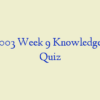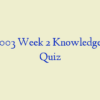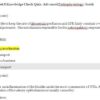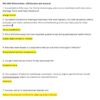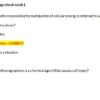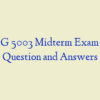Description
NSG 5003 Week 3 Quiz – Question and Answers
- Oncogenes are genes that are capable of:
- Burkitt lymphomas designate a chromosome that has a piece of chromosome 8 fused to a piece of chromosome 14. This is an example of which mutation of normal genes to oncogenes?
- In childhood neuroblastoma, the N-myc oncogene undergoes which type of mutation of normal genes to oncogenes?
- Which aberrant change causes the abnormal growth in a retinoblastoma?
- Two hits are required to inactivate tumor suppressor genes because:
- Chronic inflammation causes cancer by:
- What is the consequence for cells when the functioning TP53 gene is lost as a result of mutation?
- Which gastrointestinal tract condition can be an outcome of both chemotherapy and radiation therapy?
- What is the role of vascular endothelial growth factor (VEGF) and basic fibroblast growth factor (bFGF) in cell metastasis?
- It has been determined that a tumor is in stage 2. What is the meaning of this finding?
- Which statement is true regarding pain and cancer?
- Which cancer may be …..with radiation deliver by brachytherapy?
- By which process do cancer cells multiply in the absence of external growth signals?
- What is the role of caretaker genes?
- Which statement concerning benign tumors is true?
- Which cancers pose the highest risk for radiologists?
- The World Health Organization (WHO) defines grade 1 (overweight) as a body mass index (BMI) of:
- Which characteristic among women correlates with a high morbidity of cancer of the colon, uterus, and kidney?
- When are childhood cancers most often diagnose?
- How should the nurse reply when parents question why a computed tomographic (CT) scan of the head was not …..for their five-year-old child after a minor fall?

